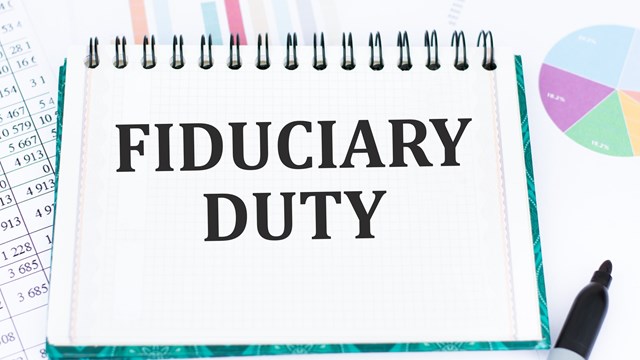
Q. We have reason to believe that our 'little community' is not being run as the HOA that it was set up to be. Our bylaws are not being followed and procedures are not being maintained. And we seem to be getting extra charges due to our board needing more money 'for bills,' but they don't allow us access to the financial disbursements to see how that money is being spent. Can you advise us on how to make the necessary changes of our board members and manager and turn our community around to the way it started out?
—Owners Revolt
A. “Wow!” says Stuart Lieberman, an attorney who represents unit owners in community associations for the Princeton-based firm of Lieberman and Blecher. “This sounds like a bad situation. Wouldn't it be nice if it was an unusual complaint? But it is not unusual. Community associations consist of people and behave like people: some are very good, some are very bad, and most fit somewhere in the middle. If the reader's grievance is true, this homeowners association may be a very poorly run association.
“Rules and bylaws are there for a reason, and that's not just to look pretty. Bylaws, rules, and regulations have the force of 'law.' They need to be followed by the unit owners, the board and the management alike. When new unit owners come into an association, they have a reasonable expectation that the bylaws will be followed.
“When a board ignores bylaws and rules, it is acting in an arbitrary manner. Instead of conducting business the right way, it is making it up as it goes along. Which may be fine if a person lives alone in a single family home and wants to make decisions as such. But it clearly is not fine in a community association where everyone who moves in is aware that bylaws exist and must be followed.
“Board members are unit owners, just the same as everyone else. There is no special privilege that allows them to ignore association bylaws. Just as every other unit owner must also follow the rules and regulations, everyone must be on a level playing field.
“When a board chronically and materially ignores bylaws, this issue should be raised in writing and at public meetings. Make sure the minutes reflect these protests. Of course at election time, a new slate of board members may be required to replace the bad actors.
“Judicial relief is available as a last resort if chronic, material rule violations take place. Of course the board may argue that these issues must be addressed with alternate dispute resolution and your lawyer will have to review the validity of such a contention. In any event, litigation is very costly, often with mixed results, which means everything should be done to avoid going to court if that is possible.
“The reader also alleges that certain financial records are being withheld. Though there are a few off exceptions, usually unit owners have a right to see the financial records. This is, after all, everyone's money. Assuming the association documents require access to these records, make a demand in writing. If the board refuses, demand an explanation. If that fails, perhaps a State agency can help you. Perhaps if this goes on without explanation you may have to file suit in court.
“There is strength in numbers. When widespread rules and financial violations occur, see if your neighbors will join you when you protest. One unit owner will always be described as being 'just crazy,' but it’s hard to say that about 10 owners. And if you need to go to court, the expenses may overwhelm one unit owner, but may be very manageable for 5 to 10 owners.
“Finally excessive special assessments may be a sign of either a lot of unforeseeable problems, or just bad planning. If the board is as bad as you suggest, the board may not be doing a good job at preparing annual budgets or evacuating reserve needs. No matter what, you have an absolute right to know why these assessments are happening.
“What you probably cannot do, however, is decide to unilaterally withhold payments. This may result in a foreclosure action being filed against you or an action for monetary damages. Seek out legal advice if things ever come to this drastic point.”









Comments
Leave a Comment